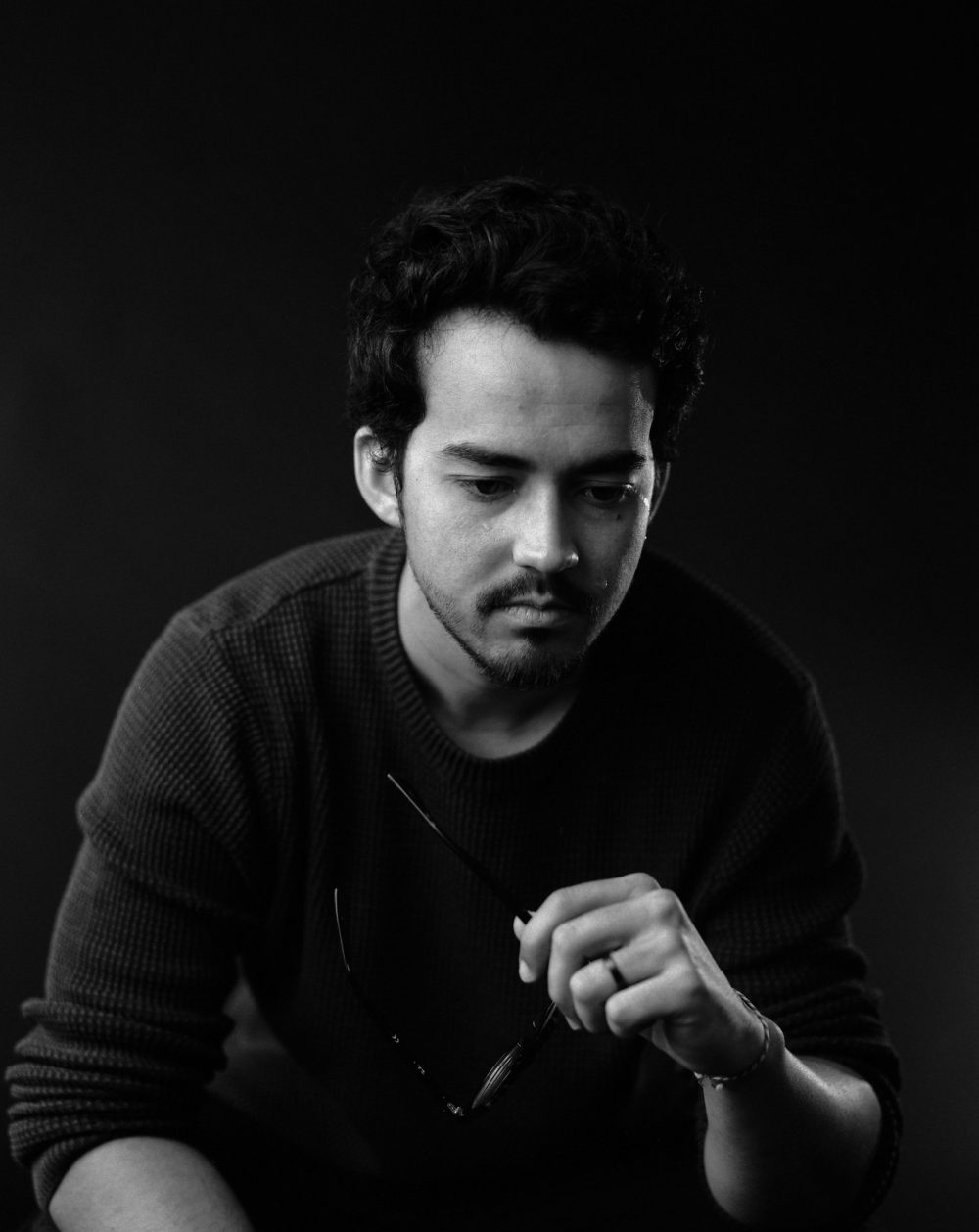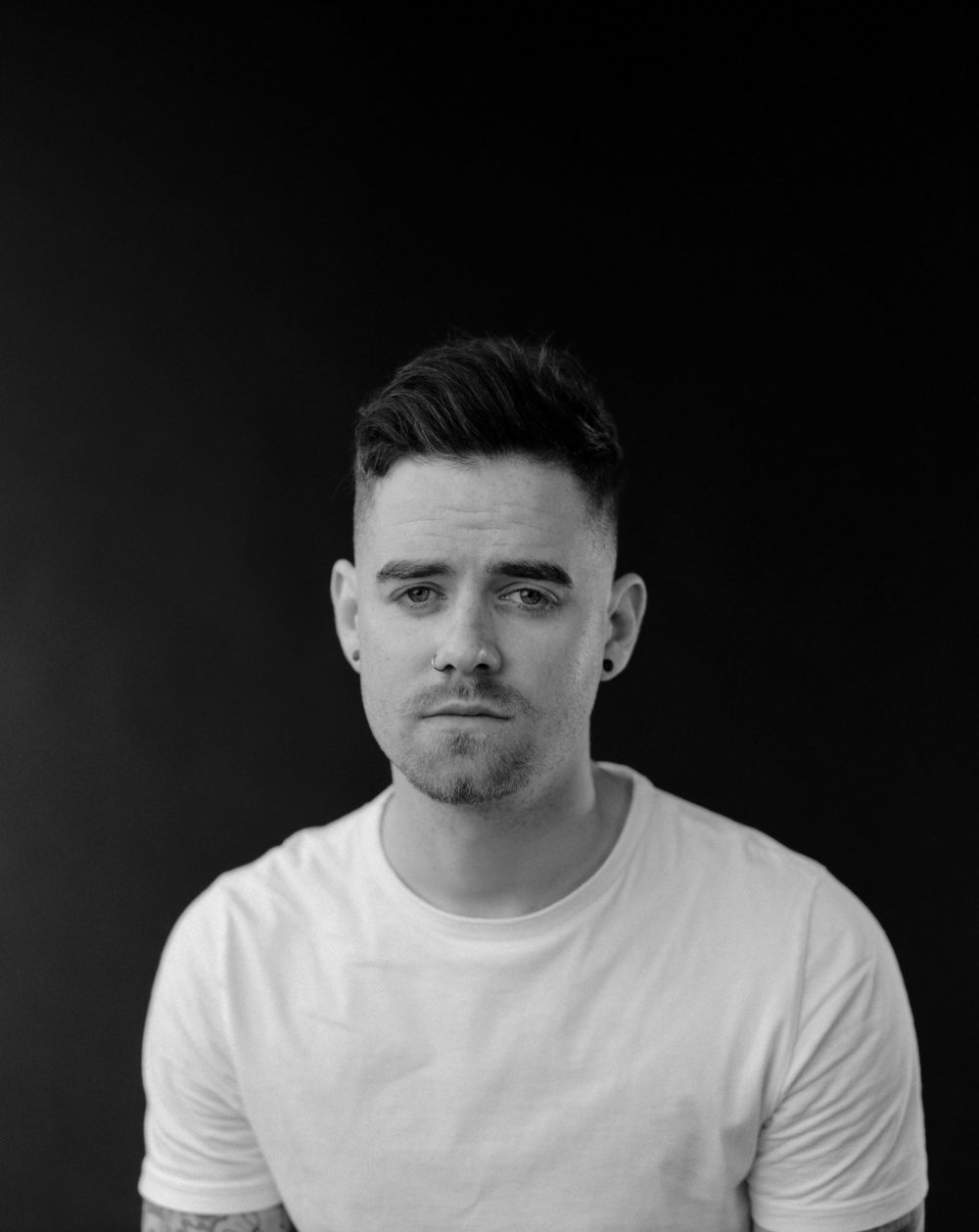- Jobs
- Open Calls
- Events
- Learning
- More
- SUBMIT
Andrew Low
Country:
City:
I shot a personal project around men's mental health and the stigma of men hiding emotion's, It's an ongoing project called Faces of Masculinity the entire project is self funded by me. Each photograph has a story behind it, a story that the men told in thier own words to go along side the image with issues ranging from aniexty in the work place, agoraphobia, losing a parent at a young age and more. All of these stories are viewable along side the rest of the image's on my website.
These images are from the first set of participant's but I have plans to do more next month before the end of the year. All image's shot on HP5 film.
Instagram:
Facebook:

Sean Gallagher
"Having lost my father to an overdose when I was 10 years of age the concept of masculinity hit me square in the face at a crucial time in child development. Over night I felt I had to become the man of the house for my younger brother and mum.
To me that meant toughness, protectiveness, showing no emotion etc and it has stuck with me to this very day, I haven’t cried or let many people see or hear my emotions for a long time.
I thought surely on the day my daughter was born I would cry tears of joy and happiness but even then they didn’t come. If you know someone who might be struggling just try and help find a way for them to talk about it."

Jonathan Bismark.
"Learning to move past "man up" and prioritize my mental health has been my most important personal breakthrough, and it was only possible because of the people in my life who made themselves open and available for genuine, non-judgemental conversation.
It is often a real struggle to open up about difficult/traumatic experiences, emotions, and anxieties as a man, but the more we do, the faster we move past the pain and stigma.
Pay close attention to your mental health and find people to confide in. At the same time, look out for the people in your life and try to be the person they can open up to."

Jamie Donoghue.
"There are still times when I am sitting with my son and the thought goes through my head: where would I be now if I hadn’t said “I am struggling”? I know the answer of course, and it makes me hold him that bit tighter.
I have had agoraphobia and generalised anxiety for almost 20 years. For too many years, I tried to hide the symptoms with alcohol and this inevitably made things much, much worse.
It was an overwhelming fear of embarrassment and shame caused by the ridiculous belief that it wasn’t ‘very manly’ to talk about my well-being which silenced me. This ingrained notion that I couldn’t discuss my mental health, or even cry - the body’s natural way to regulate emotion - stole years from me.
When I finally said that I needed help, it was the day that things began to get better. It wasn’t weakness which made me say it. It was the moment that I found strength to say that my mental illness was no longer going to dictate my life."

Francis Smith.
"I had one really bad anxiety attack in an office job I had a few years ago that stopped me from going back.
Things got so on top of me, and I hadn’t experienced such stress and anxiety up until that moment in my life. I was constantly worried about what people thought of me, or if anyone was annoyed at me, or if I was going to lose everything tomorrow. I would think all my internal thoughts were too dramatic and walk around with a constant weighty feeling of dread.
It’s only been the last few years we as a society are talking about anxiety openly, that I found it wasn’t something to be ashamed of and the stigma has been lessened — especially with men.
The first step to coming to terms to having an anxious disposition, is being honest with yourself and to people around you, and surrounding yourself with supportive and empathetic people.
If it wasn’t for my traumatic experiences with anxiety in the past I probably wouldn’t be in the amazing place I am in now - personally, professional and mentally."

Cam Cooney.
"Seeing a male family member cry is the rawest emotion I’ve ever experienced. You feel it in every part of your body. Crying is the biggest release I’ve experienced, its like a brick wall crumbling away from the chest. My biggest personal growths have came after tears; not after punch ups, being apathetic or raging with anger.
The social pressure to be an emotionless male is intense and the moment we start being honest about our pain, our emotions and our anger, then the less overwhelming, less upsetting and less scary they come."





